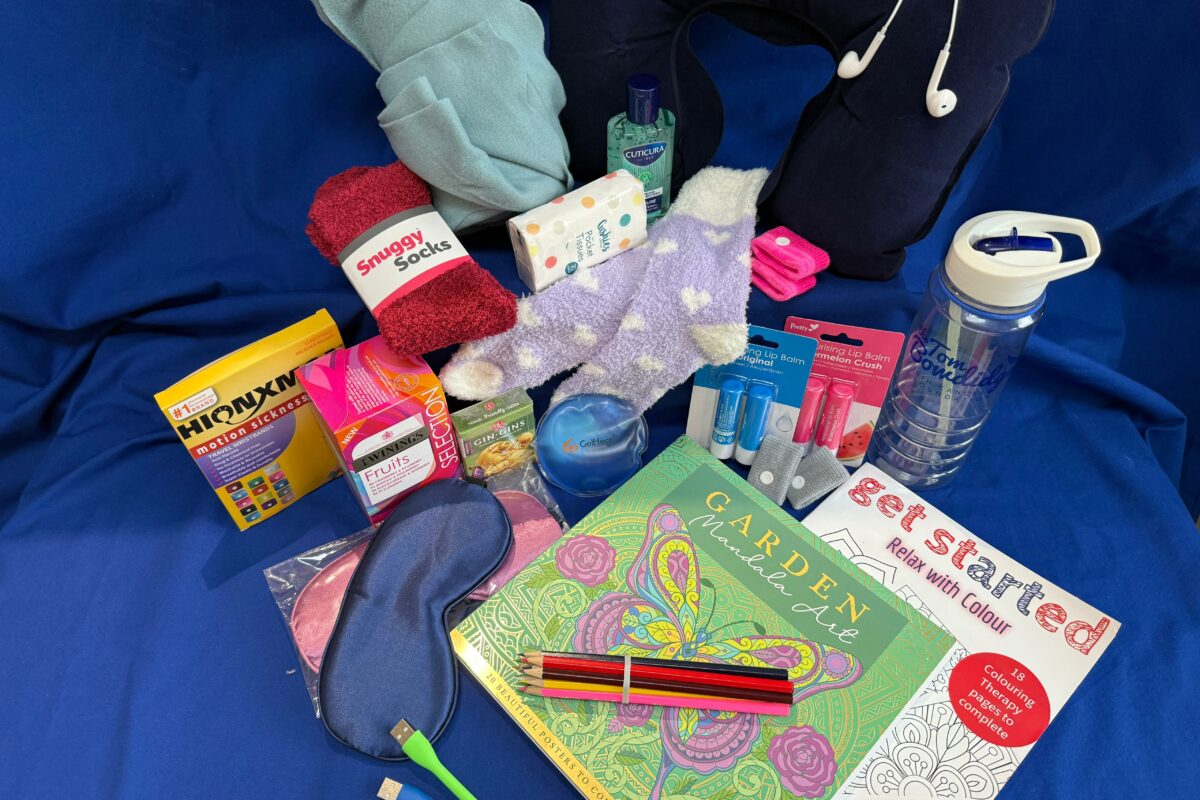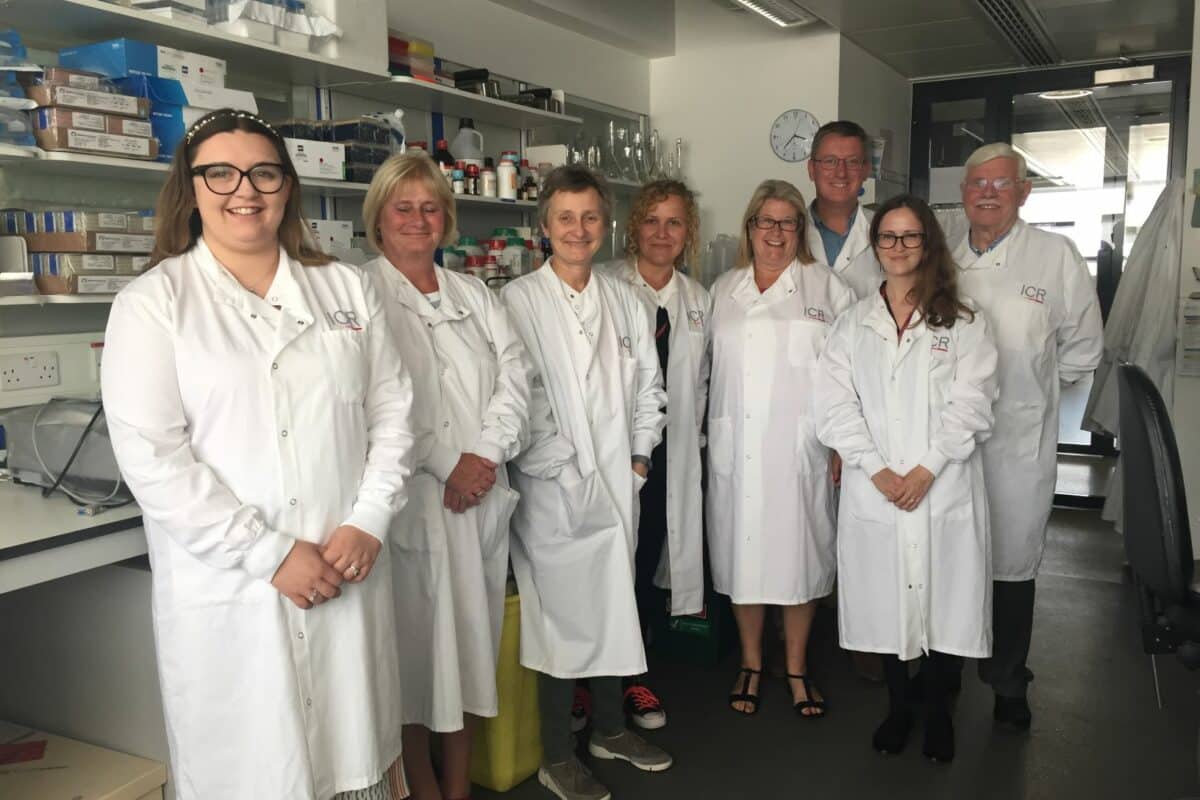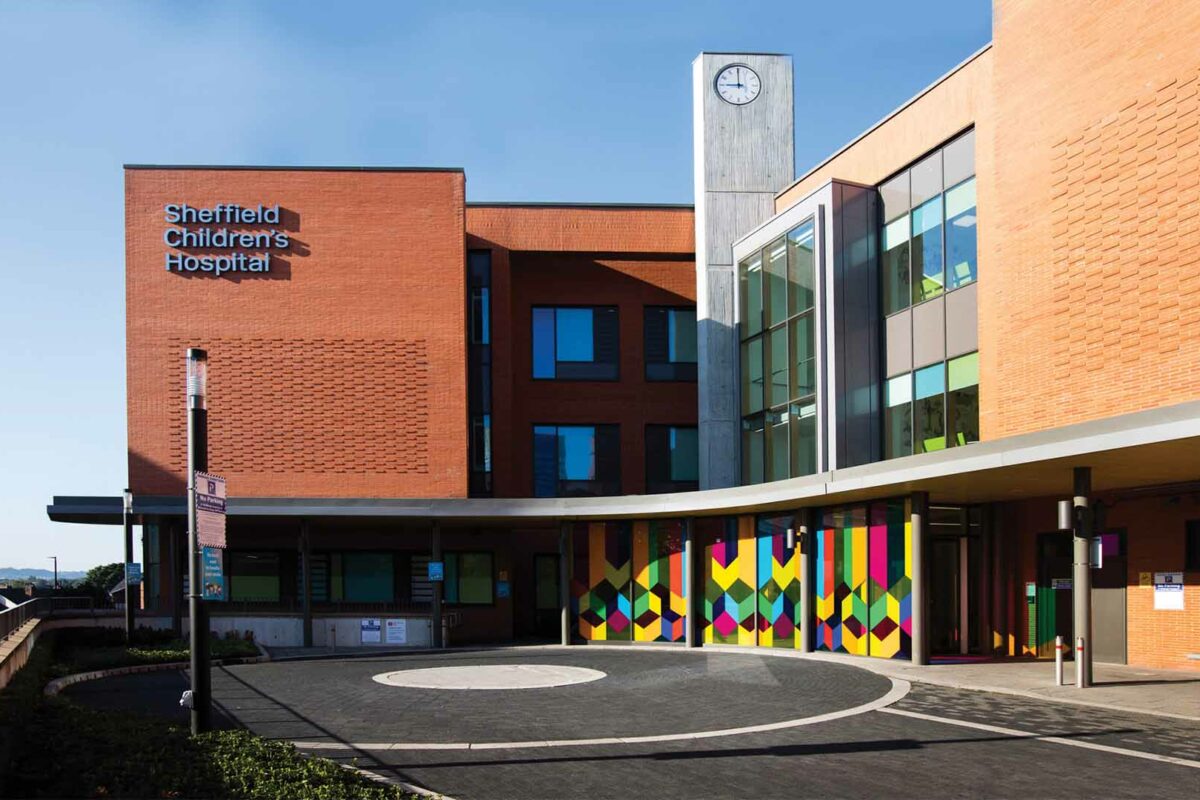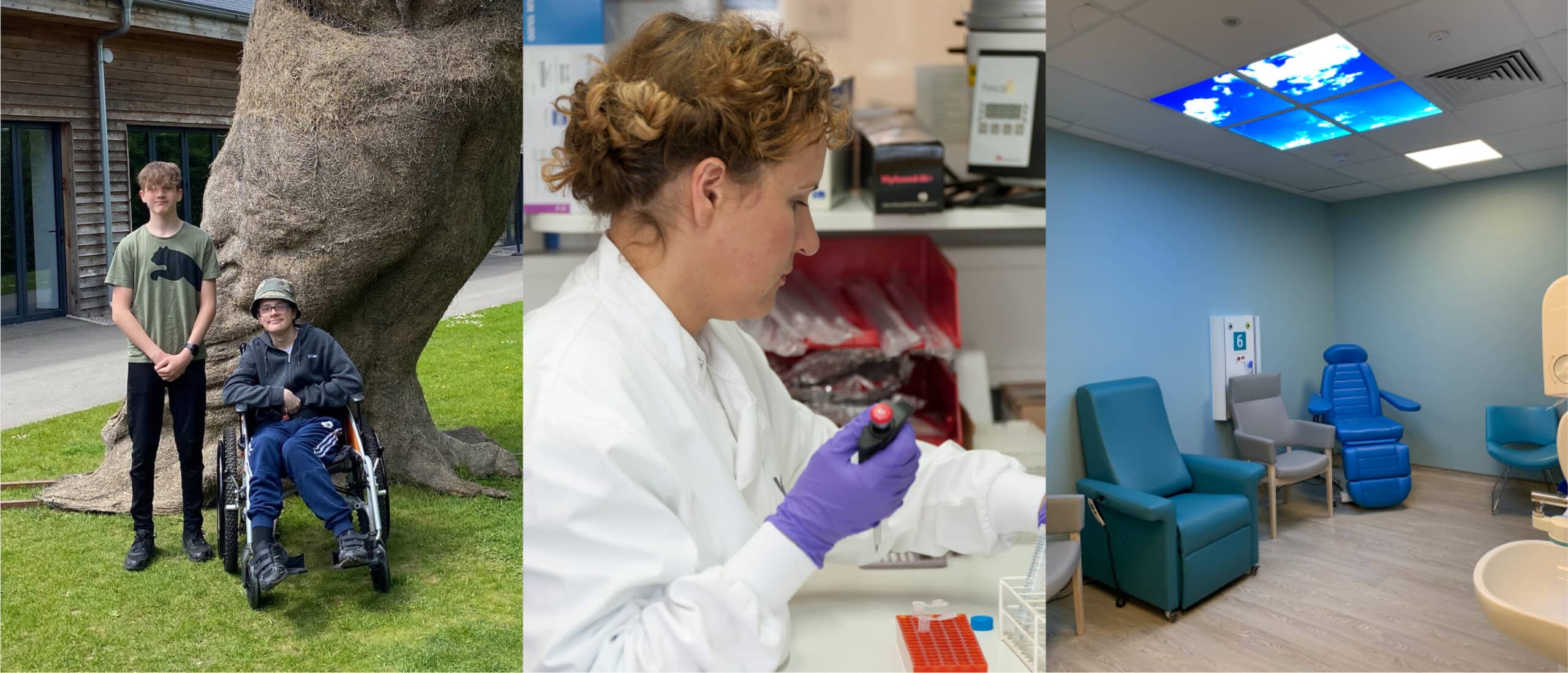
What we do
Our Aims and Principles
The Tom Bowdidge Youth Cancer Foundation aims to promote the relief, care, well-being and rehabilitation of teenagers and young adults suffering from cancer, and their families and to carry out research and publish any useful results into the causes and effects of cancer in teenagers and young adults
Our Focus
The Foundation focuses on three key areas, we provide
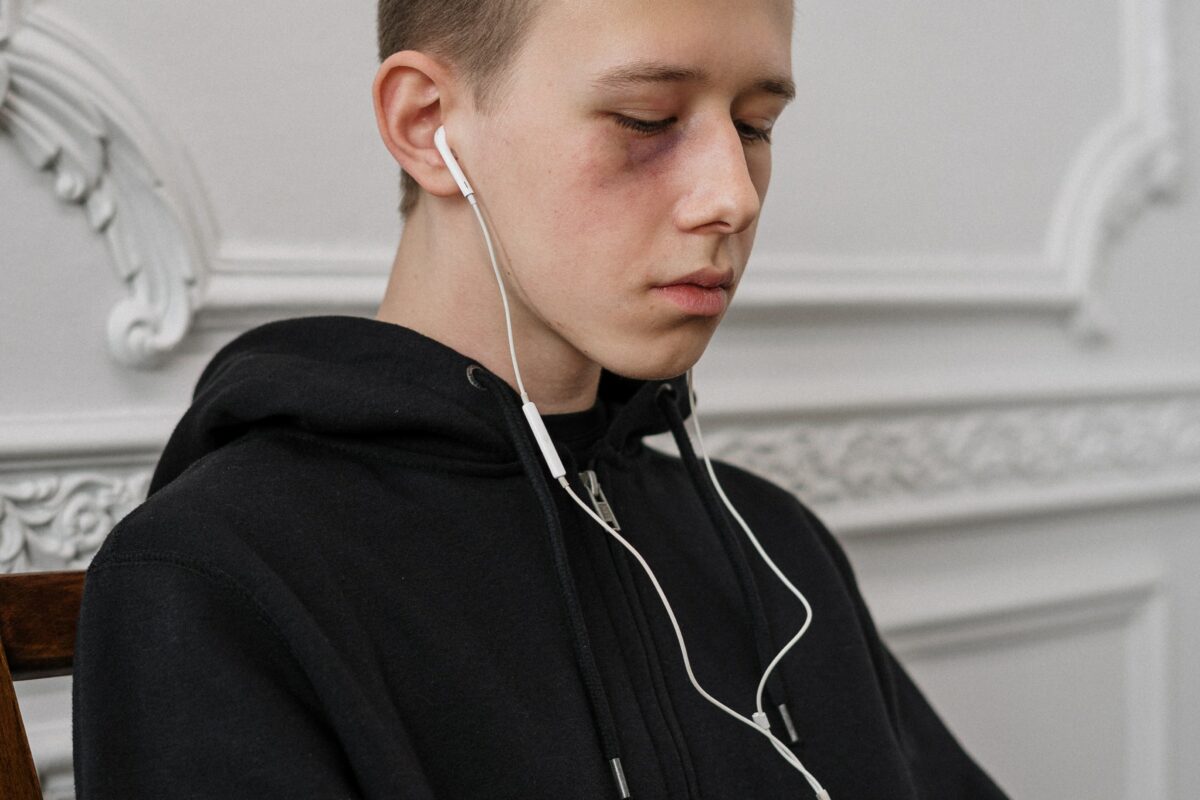

Emotional Support
Cancer treatment is gruelling and debilitating. Quite rightly the focus is on the physical effects of the cancer treatment, but relatively little focus is on the mental health impacts. A patient’s emotional well being is paramount in having as good a quality of life as possible as depression, anxiety, loneliness, panic attacks and loss of confidence all run alongside the physical effects of diagnosis and treatment


Financial Support
Cancer can cost a family an extra £750 per month. This is often on top of a loss of salary when a parent or carer has to give up work to care for their child. Financial hardship often occurs as families face an increase in household bills, travel costs, food, and energy bills.
Our support is given in multiple and bespoke ways but always with a view to relieve stress, anxiety, loneliness, and pressure on the young person.
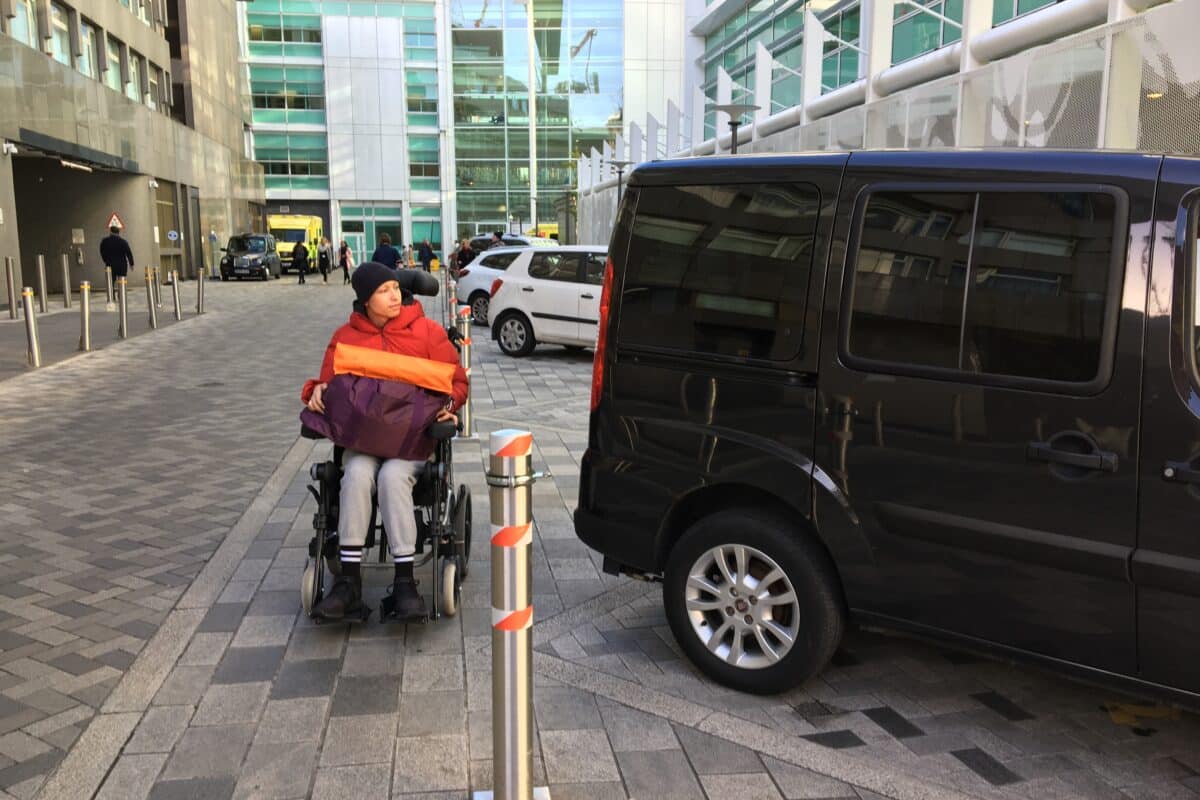

Practical Support
The Tom Bowdidge Youth Cancer Foundation is raising money to ensure there is an age-appropriate space provided for young people with cancer in hospitals across the country.
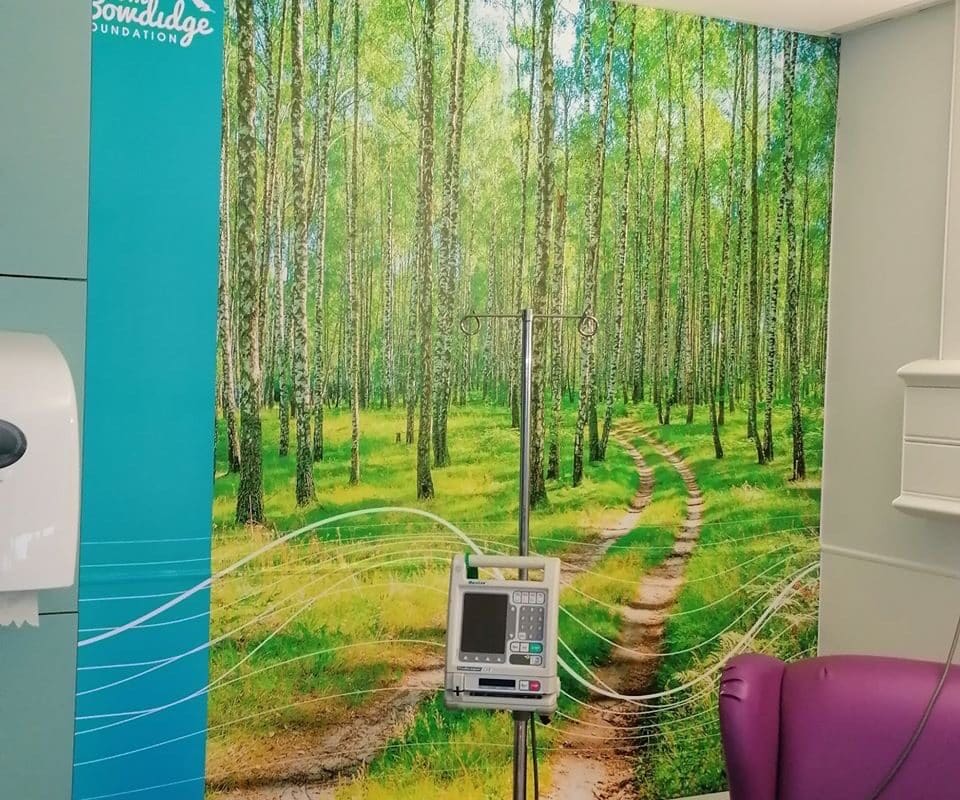
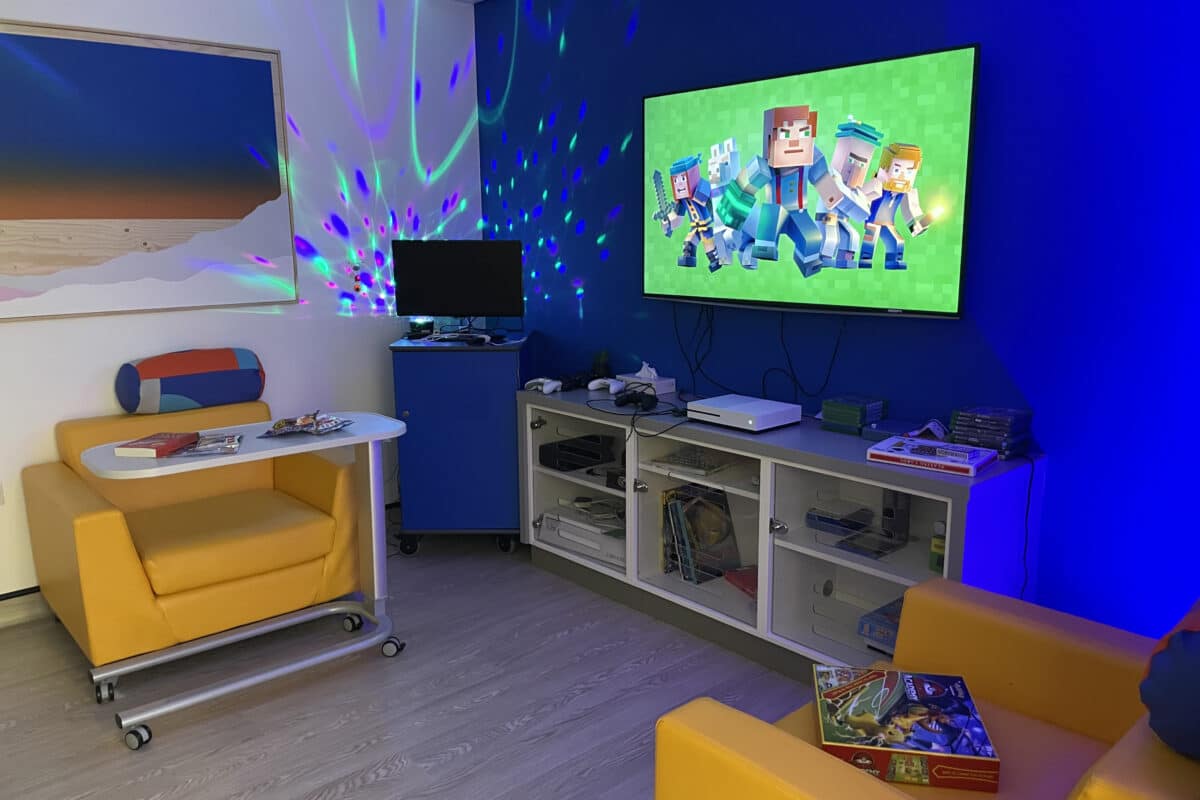
Fund research
Research – we fund essential research with the ICR specifically around teenage cancers and less toxic treatments.
On of the key aims of The Tom Bowdidge Youth Cancer Foundation is the funding of teenage cancer. There is so little research underway that it is a central ambition to our work to fund research projects that will make a real difference to the way in which teenage cancers are treated in the future.
We work with Professor Janet Shipley’s team at The Institute of Cancer Research. The goal is for children and teenagers with rare sarcomas, including Rhabdomyosarcomas and Desmoplastic Small Round Cell Tumours, to be offered appropriate intensities of existing treatments, as well as more effective and less toxic treatments.
These will be targeted at the specific molecular flaws that drive the growth of these deadly tumours.
Sheffield Children’s NHS Foundation Trust Research Project
Since January 2024 we have been funding a new research project with Sheffield Children’s NHS Foundation into Desmoplastic small round cell tumour within the wider Cancer & Leukaemia team overseen by Dr David King. Being able to conduct research into such a rare and aggressive cancer is a unique opportunity and one which we hope will make a significant impact.
Desmoplastic small round cell tumours (DSRCT) are a rare type of cancer which usually develop in the abdomen and occur in young males. Fewer than 20% of people who have the disease are alive five years after diagnosis. Treatment currently consists of aggressive chemotherapy, radiotherapy and surgery but this is not very effective.
Researchers know that two genes joining together is an important process in the development of this cancer. They have new drugs, called CDK12 inhibitors, which target genes like the ones in DSRCT and stop them working. Researchers want to see if this will work in a laboratory model of a DSRCT. They want to use this knowledge to decide whether to test CDK12 inhibitors in patients with DSRCT to develop new, more effective and less toxic treatments for this devastating disease.
